HANOI Stepping into the farm, I felt like I was lost in the forest, with the sounds of birds and squirrels in my ears, and the lively sights of toads, frogs, red-eyed bees, and praying mantises...
HANOI Stepping into the farm, I felt like I was lost in the forest, with the sounds of birds and squirrels in my ears, and the lively sights of toads, frogs, red-eyed bees, and praying mantises...
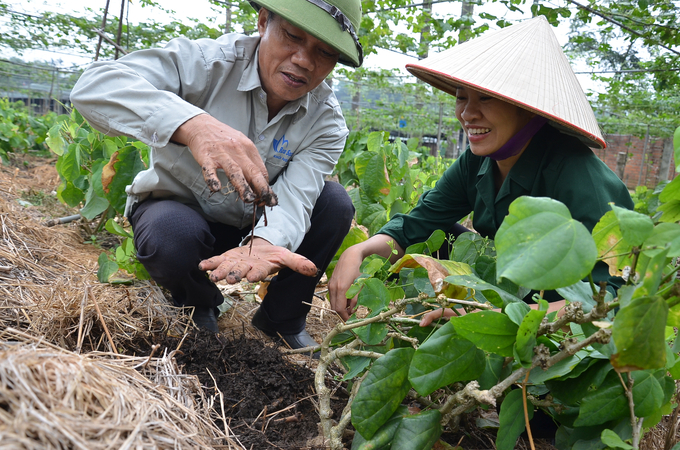
Ms. Truong Kim Hoa checks the growth rate of earthworms. Photo: Duong Dinh Tuong.
They reproduce on the farm to eliminate insects according to the principle of natural balance. She teaches hundreds of workers on her farm how to distinguish the cocoons of red-eyed wasps from those of caterpillars to leave or preserve the egg nests of natural enemies such as praying mantises. Only when there are too many insects do they use homemade herbs such as garlic and chili soaked in alcohol to eliminate them, otherwise they leave the red-eyed wasps with a place to lay their parasitic eggs. If all the worms are eliminated, it means there is no place for the red-eyed wasps to lay their eggs. As for the grass, they have to pull it out by hand or dig up the roots to eliminate it.
She is Truong Kim Hoa - owner of Hoa Vien farm (Yen Binh, Thach That, Hanoi). Every year, this giant farm supplies the Hanoi market and surrounding areas with thousands of tons of organic vegetables under the Dai Ngan brand, meeting the organic standards of the most demanding countries such as the US (USDA), Europe (EU) and Japan (JAS).
The journey to agriculture of a bank officer in the inner city of Hanoi like her began in 2004 when she bought an 8,000m2 plot of land to set up a farm, hired someone to look after it but failed. Therefore, she had to stay there to manage the farm. She used to be sickly, but since doing clean farming, her health has improved a lot, and her spirit is always relaxed.
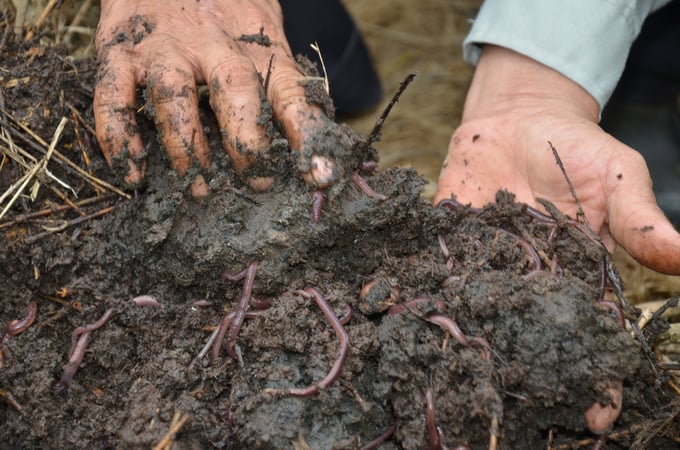
Earthworms are raised to eat by-products and create fertilizer. Photo: Duong Dinh Tuong.
With the profits from growing vegetables as well as the money saved from year to year, she bought more land to expand to more than 60 hectares as it is today and became a typical closed, circular, ecological farm of Hanoi in particular and the North in general.
To have a diverse ecosystem with many natural enemies like today, she has worked hard to apply crop rotation and intercropping methods for vegetables; intercropping many species for perennial plants and planting cover crops, improving the soil (green manure crops such as soybeans, green beans, peanuts, etc.). Not only that, she also plants trees and preserves the buffer zone of primary forests as an environment for different species of animals and plants to live and develop together.
A lucky thing for an organic farming enthusiast like her is that the soil here has not been affected by chemical pesticides, chemical fertilizers or sources of pollution from industrial production. On that foundation, she grows legumes to take advantage of nitrogen-fixing ability, combined with worm castings produced by the farm itself to increase the fertility and looseness of the soil.
The very clean spring water from Vua Ba Mountain is brought in to irrigate the plants. Because it follows strict foreign organic standards, the farm does not use any chemicals in any stage of production. The cultivation area is completely isolated from residential areas and the cultivated land of local farmers. All waste during the harvesting and processing of vegetables is collected by workers and becomes food for earthworms. Earthworm manure is returned to the large fields to fertilize the vegetables.
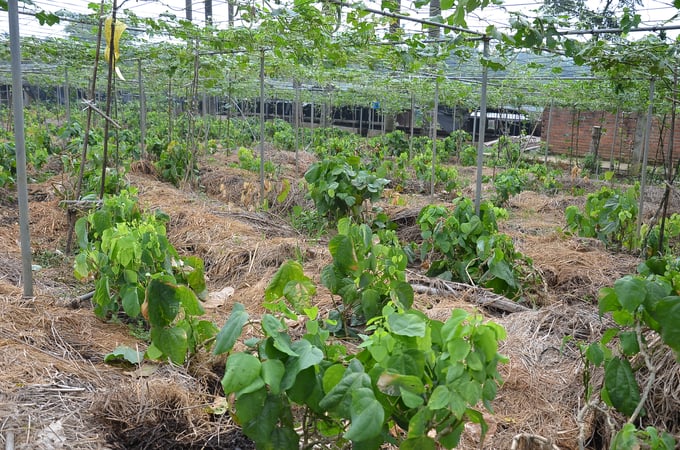
Native plant beds are grown organically on the farm. Photo: Duong Dinh Tuong.
Regarding varieties, the farm does not use genetically modified crops but prioritizes native crops of the Ba Vi mountain forests such as rau bo khai, rau sang, rau mo, sau sau, rau adam chua do, lac lay, tam hap... As for medicinal herbs such as Gynostemma pentaphyllum, xạ đen, ophiopogon, codonopsis, honeysuckle, and ginseng... at first, she only intended to grow them to treat the pigs on the farm, then she saw that the production direction for people would be better, so she persistently pursued them. They have high value but the harvest time is long, so she has to grow vegetables, raise worms to get short-term to feed long-term, intercrop, and alternate crops so that the farm's 100 workers always have work and have contributions.
As a person who lives according to the philosophy of gentle Buddhism, Ms. Hoa always keeps in mind that organic agricultural production brings health to the environment, to the producers, to the consumers and for the future of the species. That is also the way for kind farmers to create happiness for life.
Source: https://nongsanviet.nongnghiep.vn/trang-trai-huu-co-hon-60ha-dat-tieu-chuan-cua-my-eu-nhat-ban-d406812.html


![[Photo] Ministry of Defense sees off relief forces to the airport to Myanmar for mission](https://vstatic.vietnam.vn/vietnam/resource/IMAGE/2025/3/30/245629fab9d644fd909ecd67f1749123)





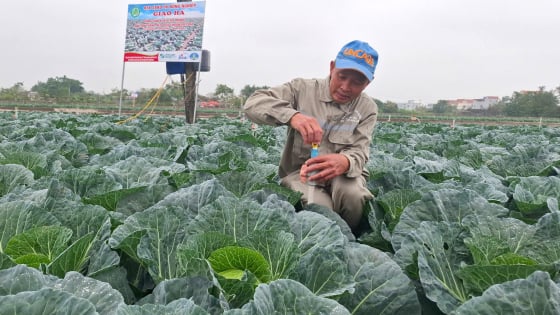
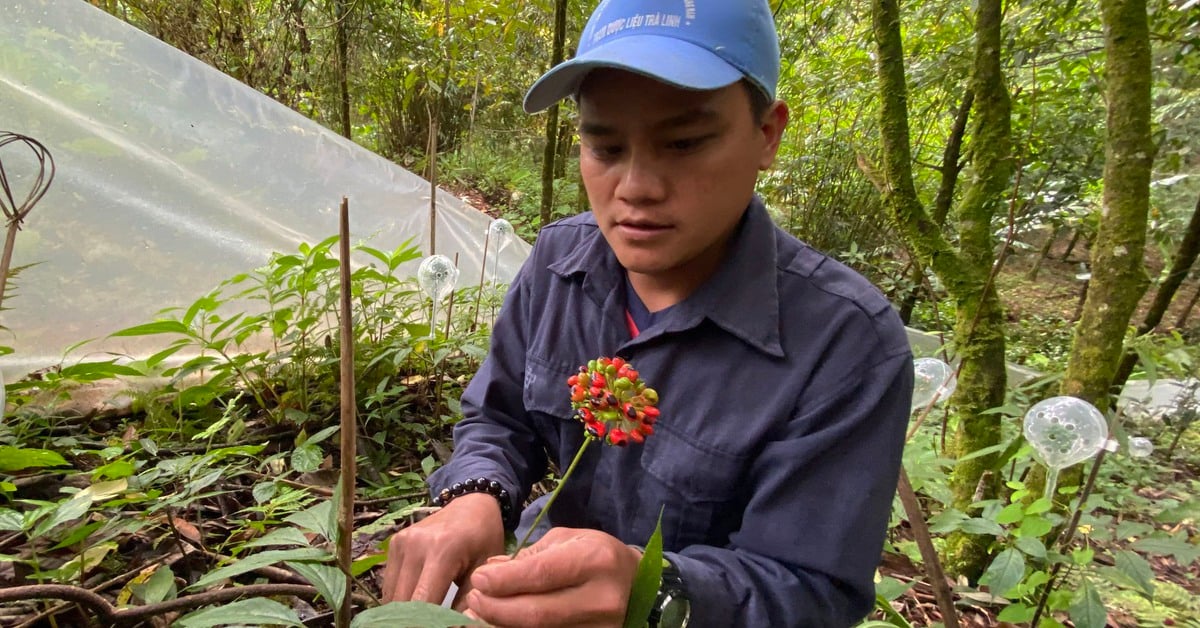

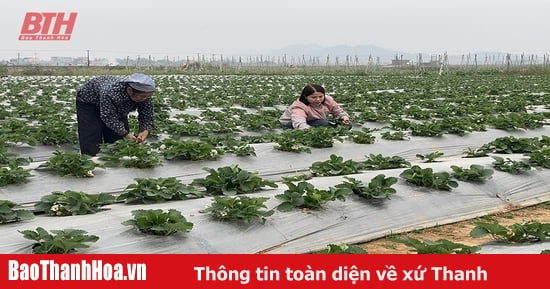



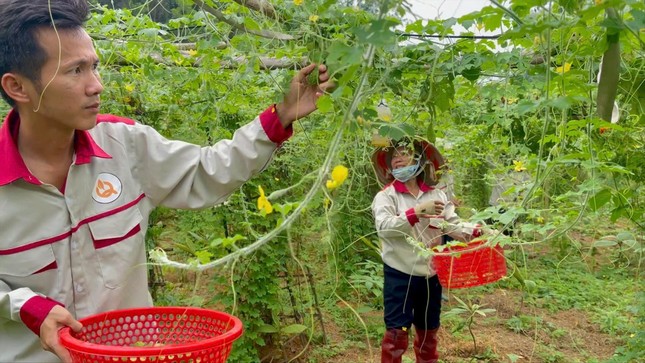

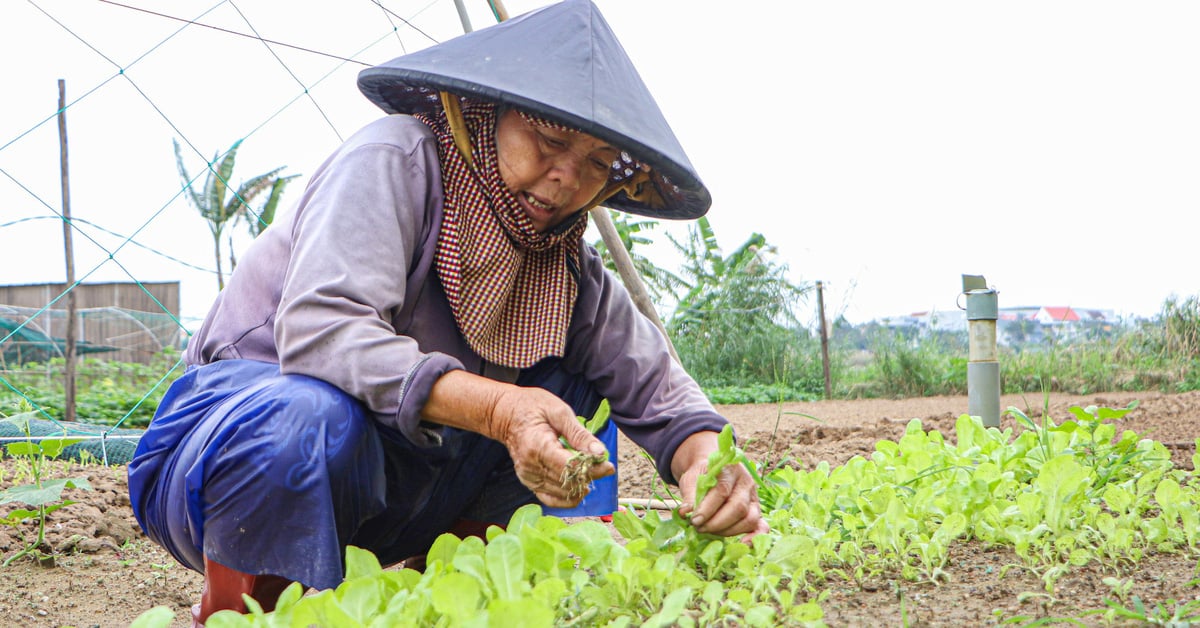

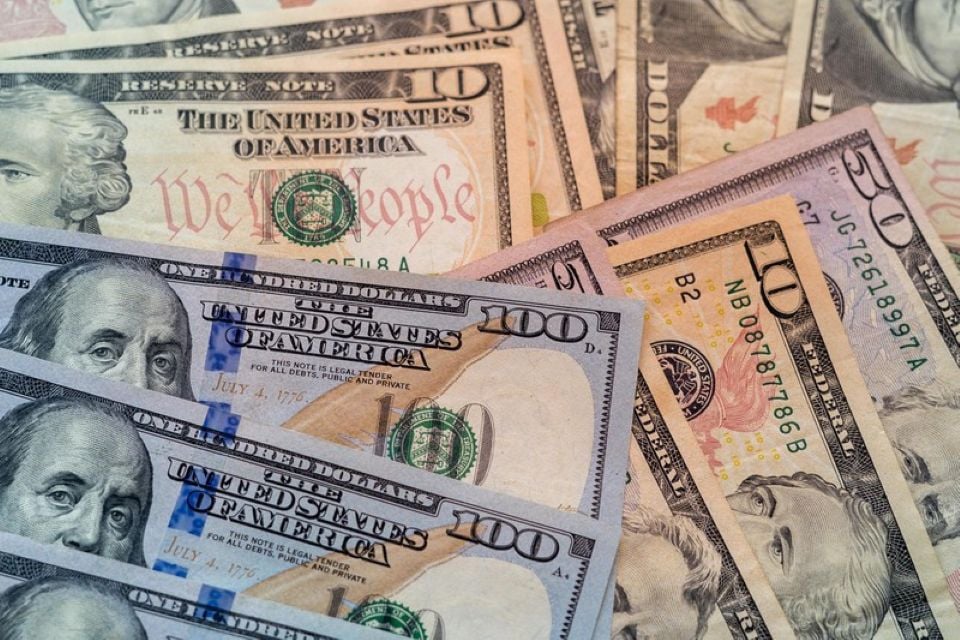
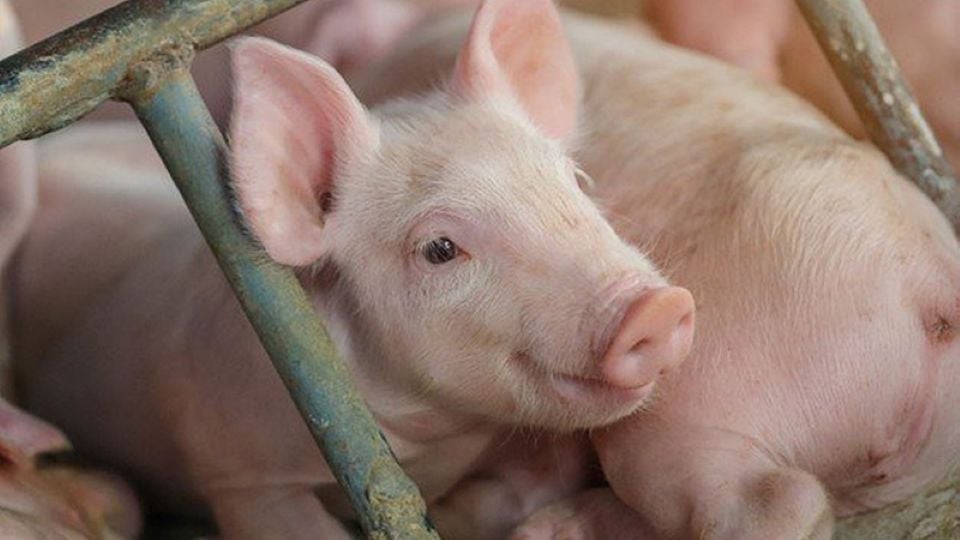

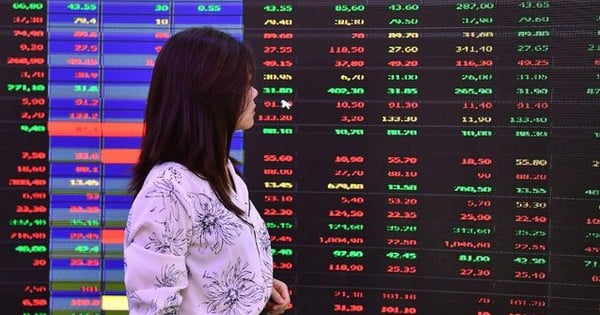




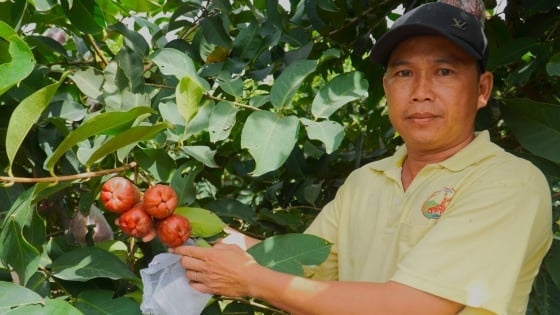
![Bright future of mulberry and silk in the Northern mountainous region: [Article 5] Research on new silkworm breeds](https://vstatic.vietnam.vn/vietnam/resource/IMAGE/2025/3/31/e34f68a2518a40b2a91a8e4261a338c0)
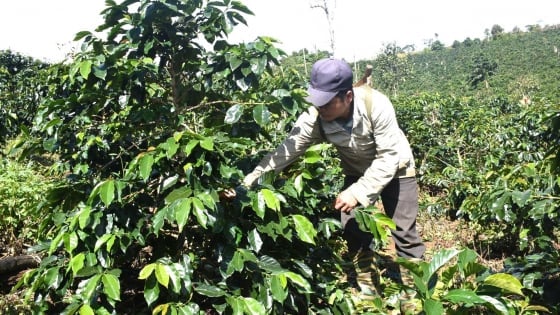
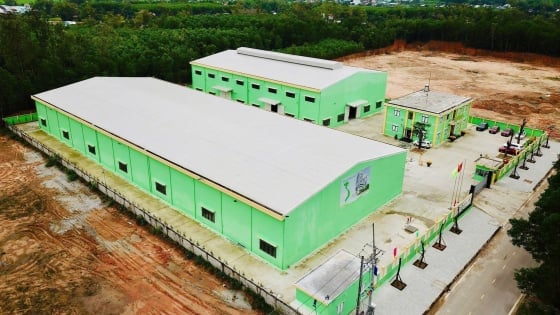

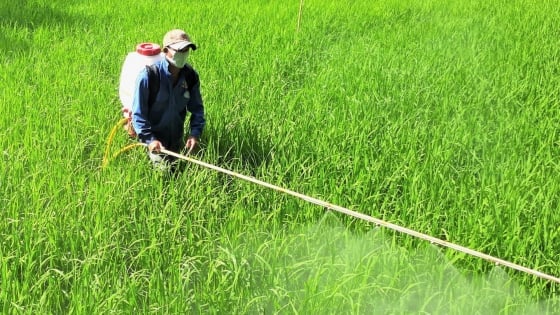
![[Photo] Prime Minister Pham Minh Chinh chairs meeting to remove difficulties for projects](https://vstatic.vietnam.vn/vietnam/resource/IMAGE/2025/3/30/7d354a396d4e4699adc2ccc0d44fbd4f)










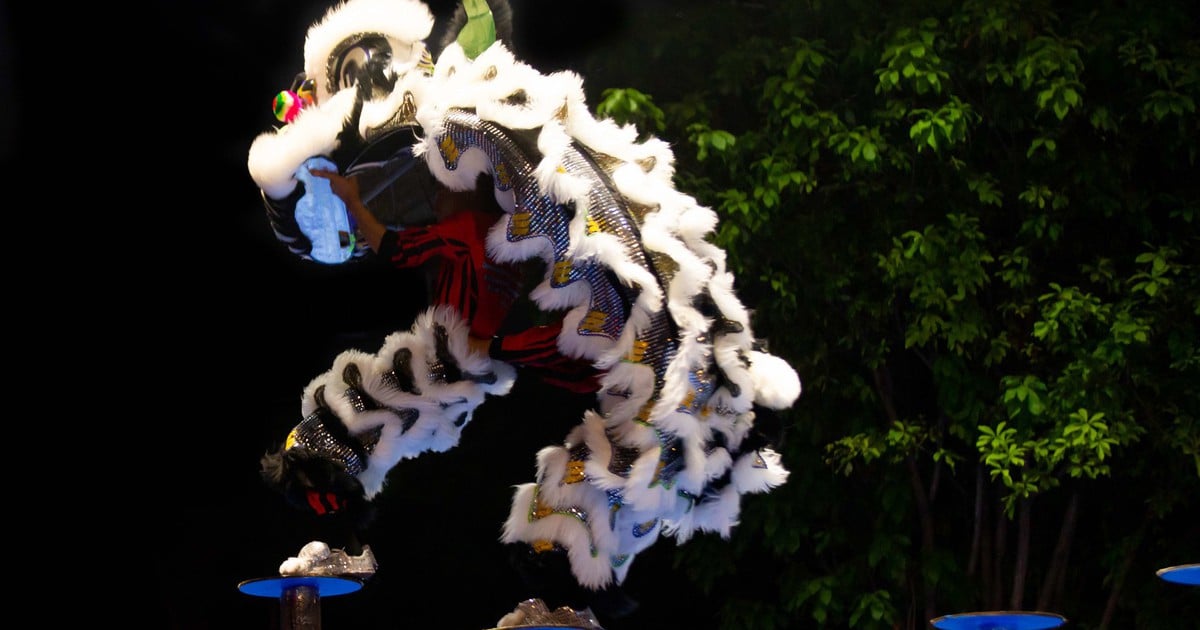




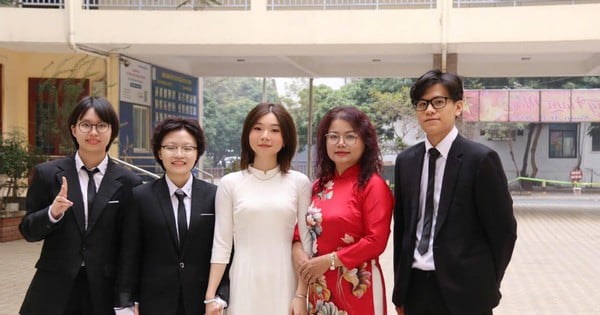

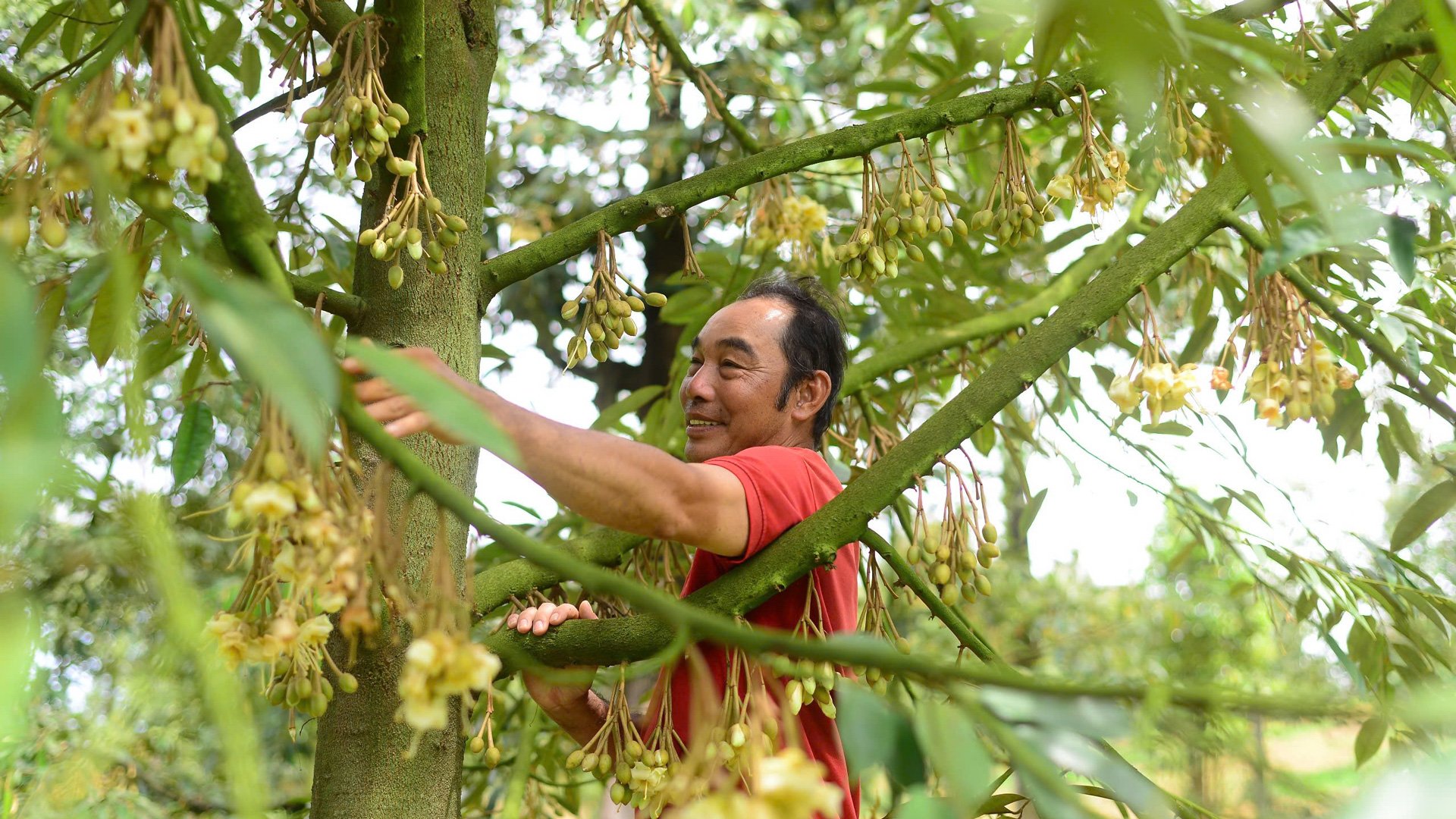











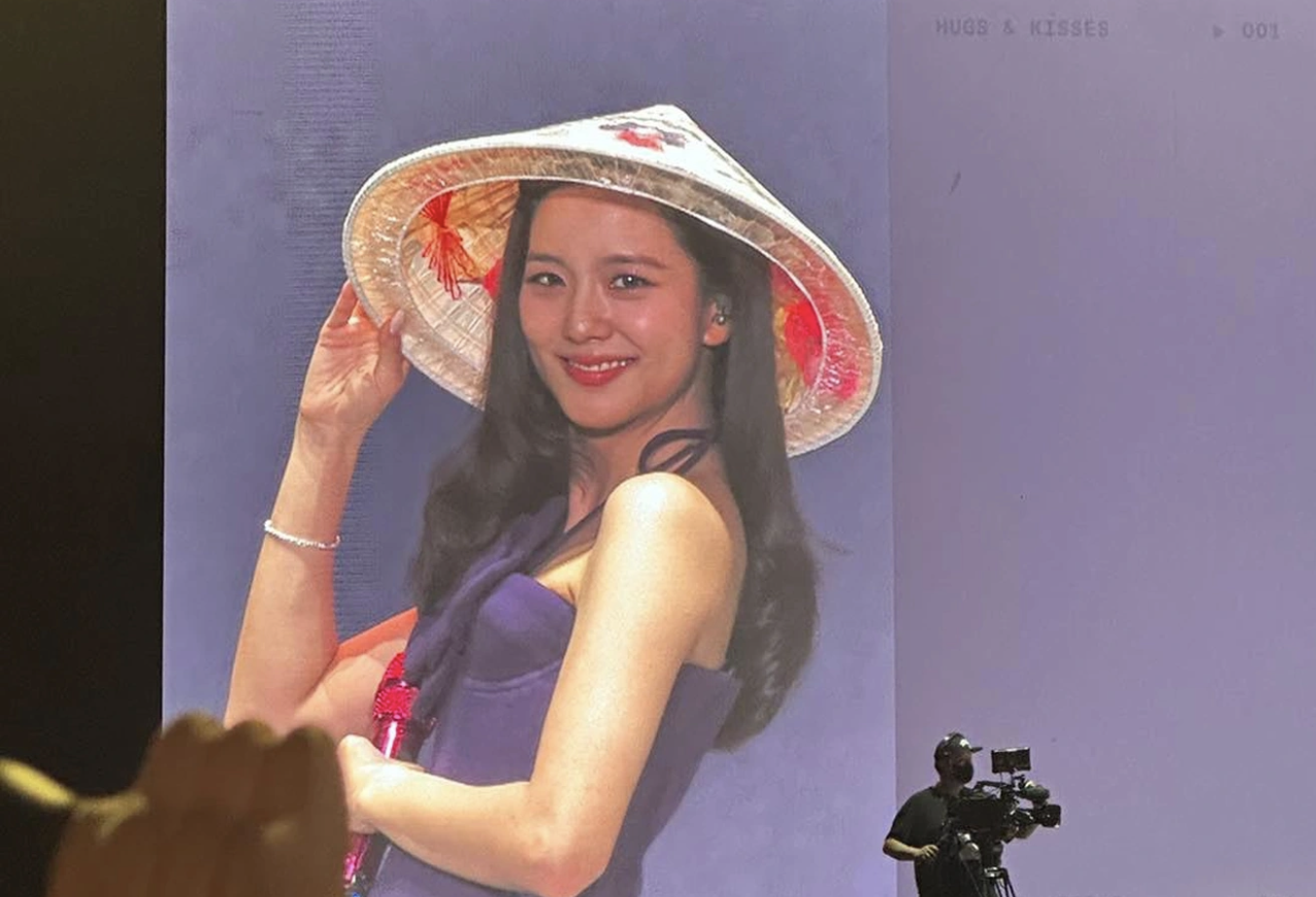


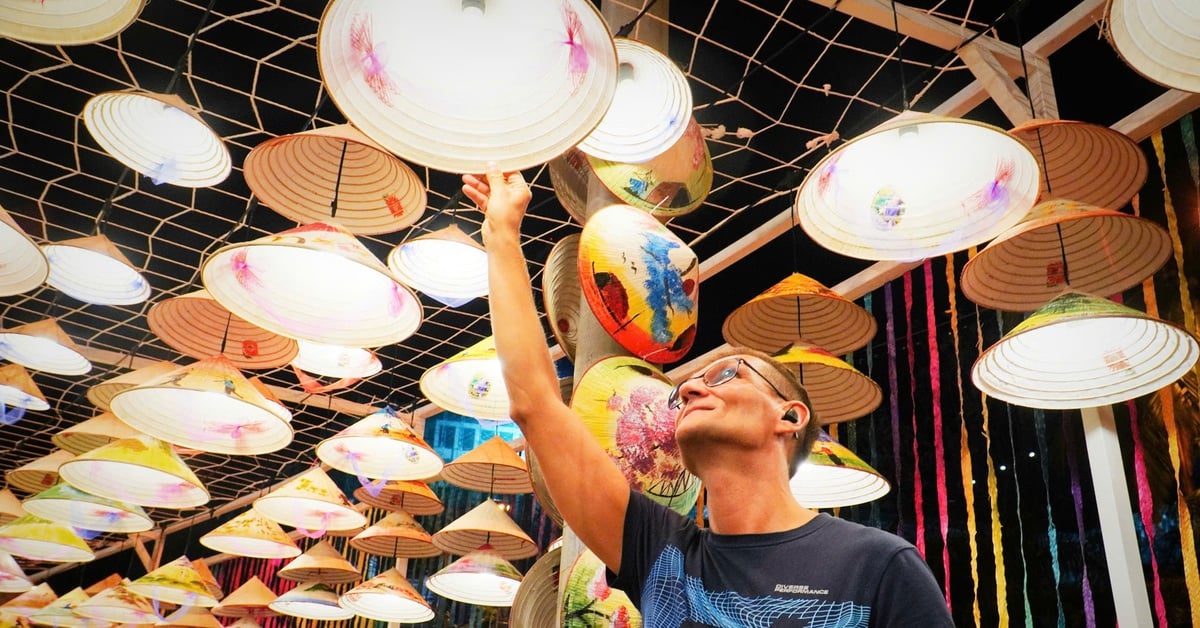

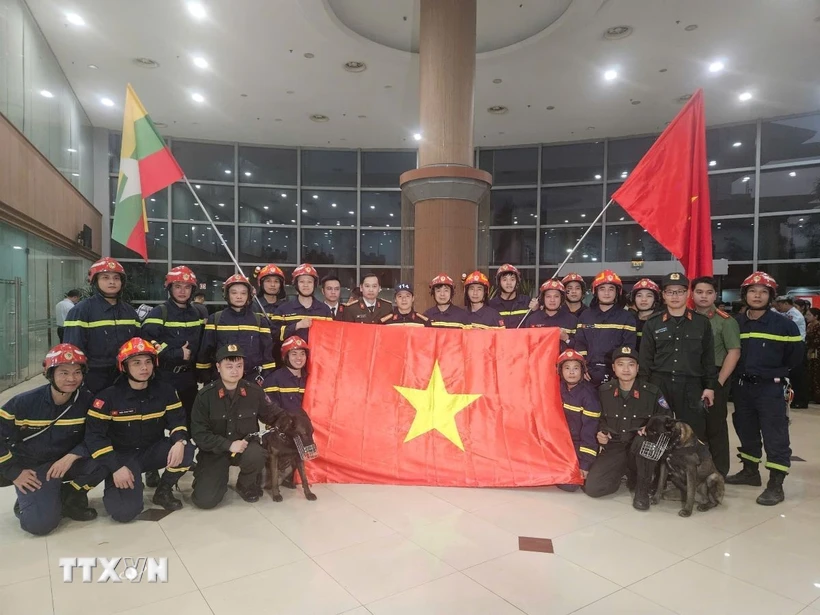



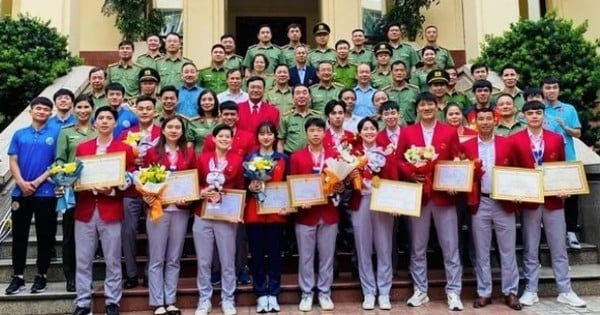
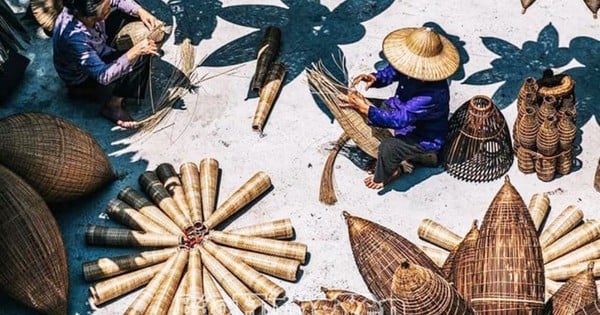
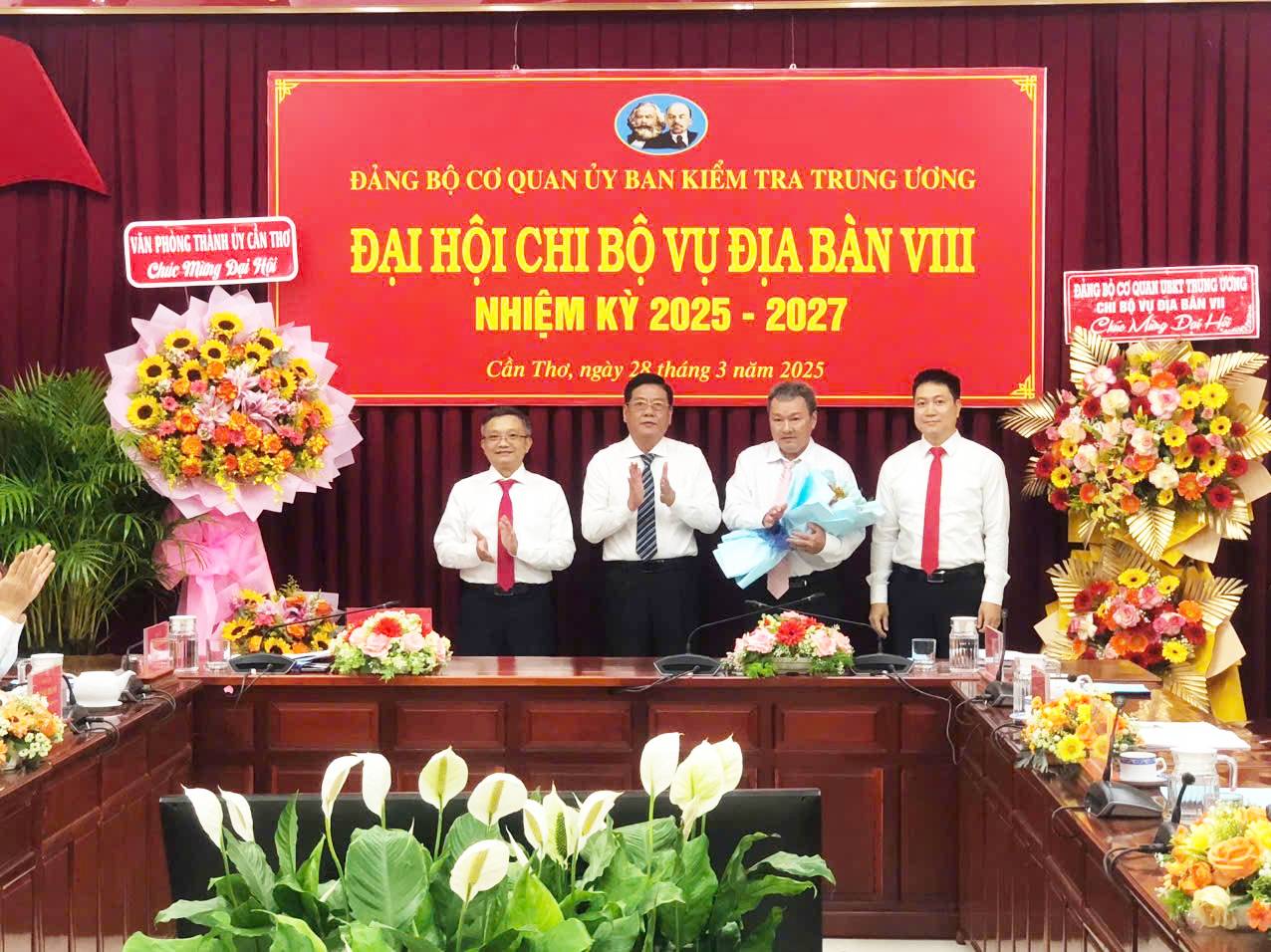

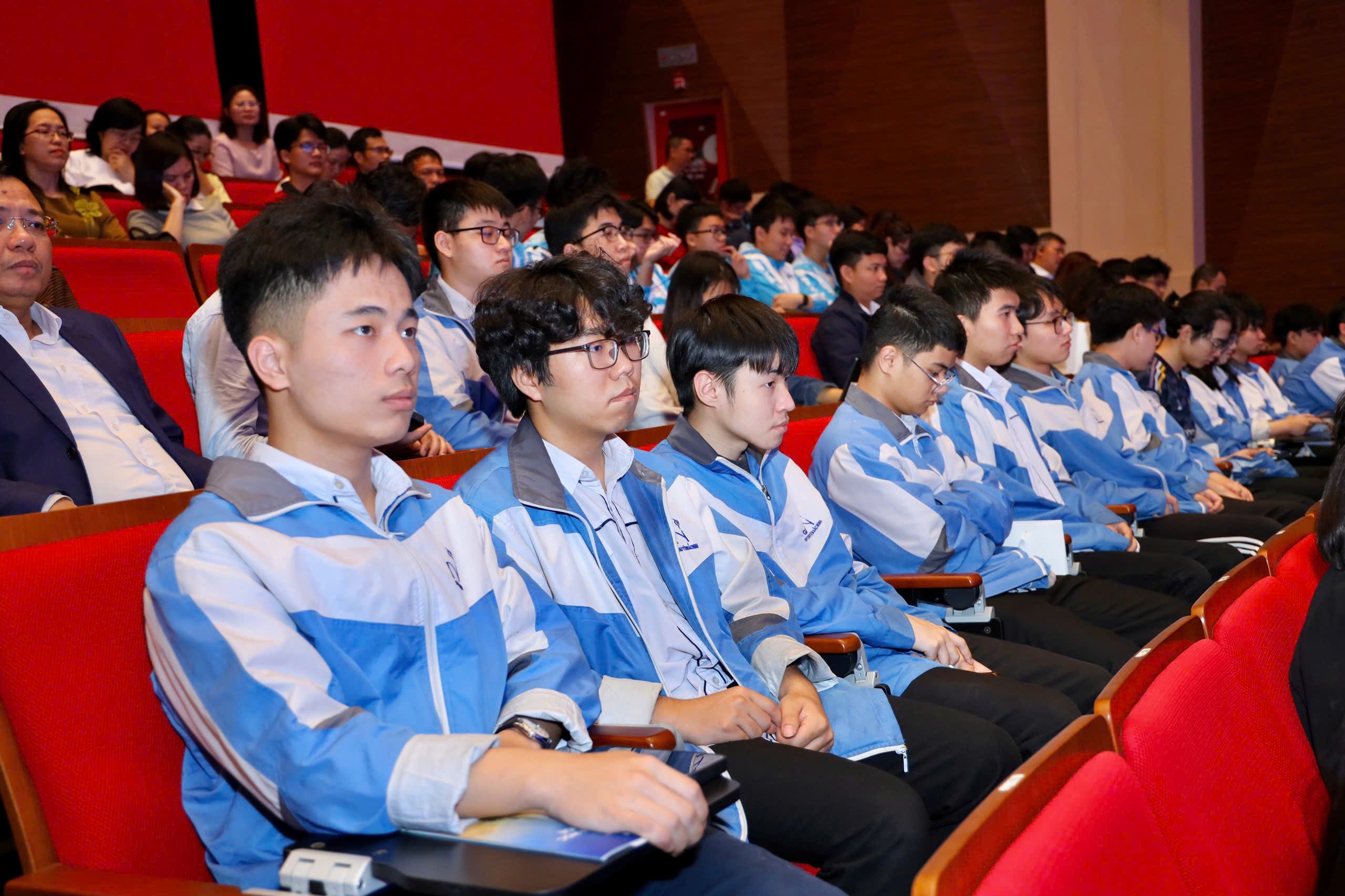



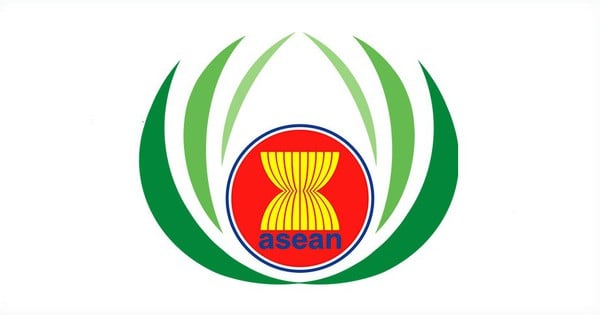
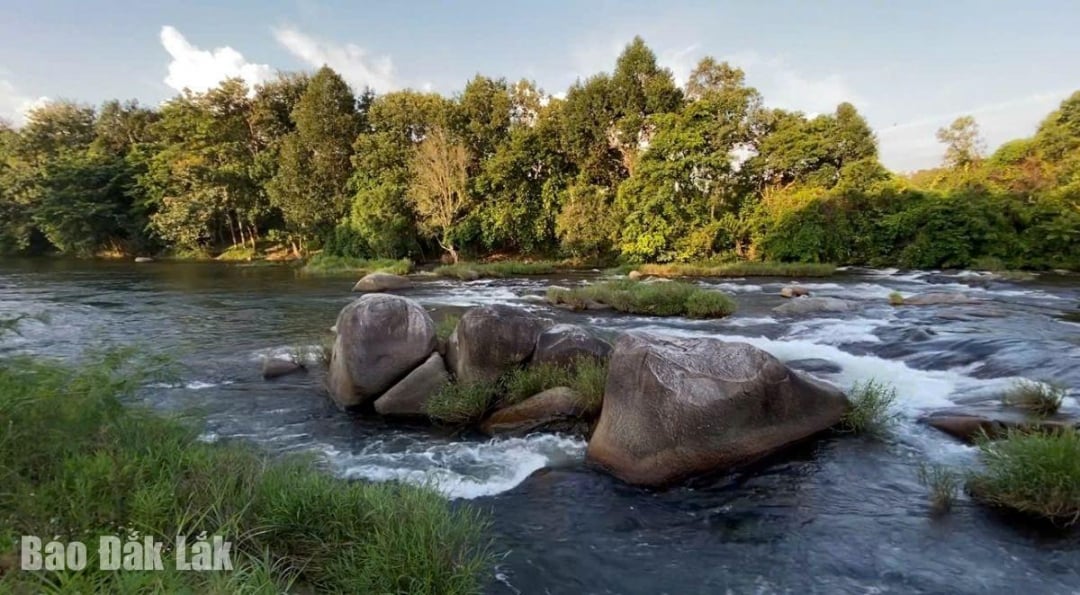





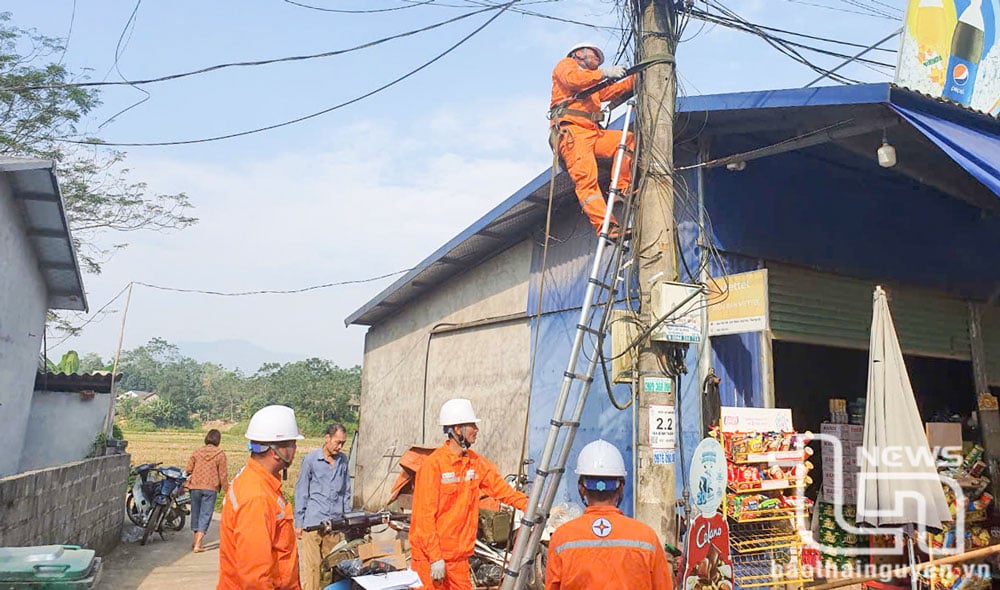








![[REVIEW OCOP] An Lanh Huong Vet Yen Cat](https://vstatic.vietnam.vn/vietnam/resource/IMAGE/2025/3/27/c25032328e9a47be9991d5be7c0cad8c)


Comment (0)